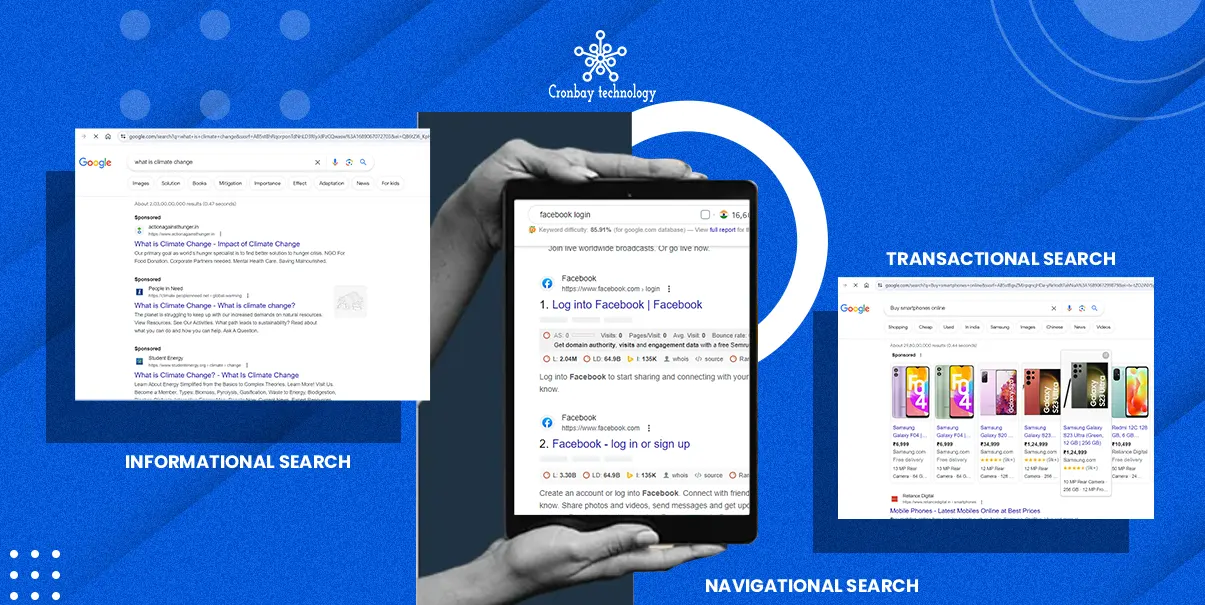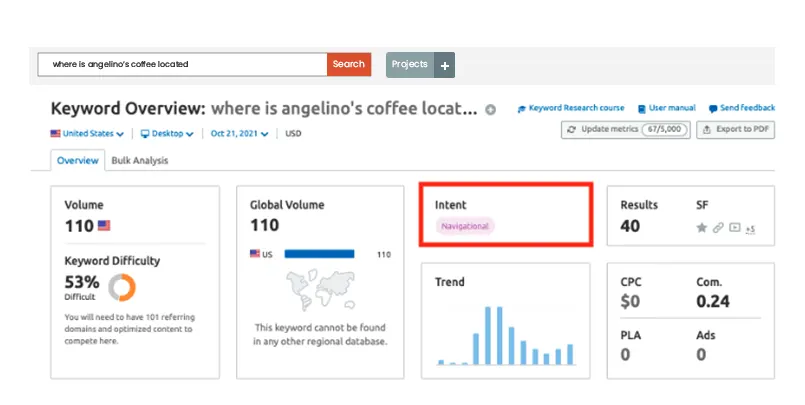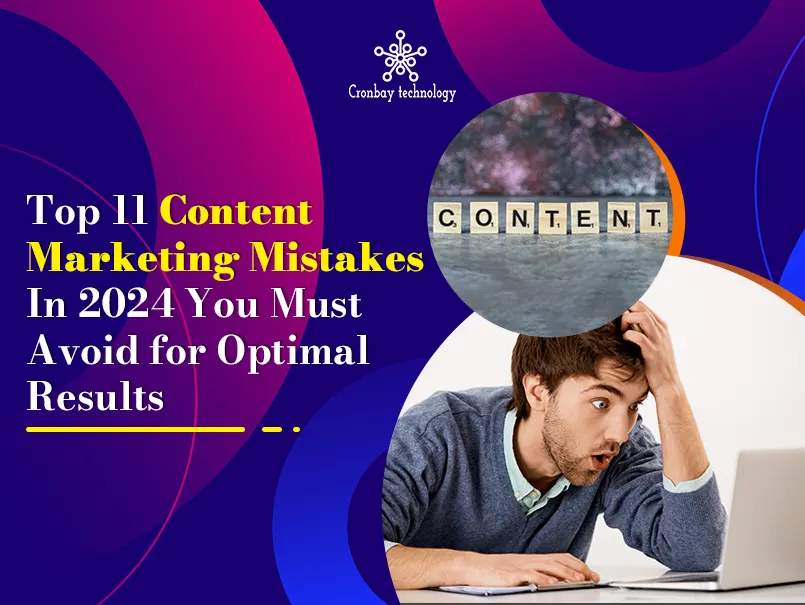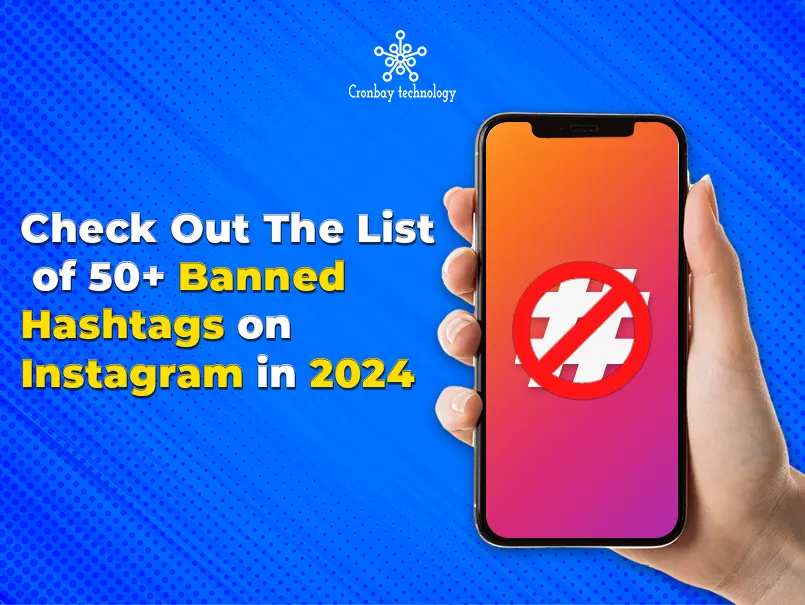SEO plays a crucial role in today's digital landscape. According to the study, 60.7% of businesses prefer SEO for improving a website's visibility and ranking in search engine results pages (SERPs) for relevant search queries. Ranking well in SERPs drives organic traffic, boosts brand visibility, and attracts potential customers. In this blog, we will explore strategies to rank for three different types of search queries: informational, navigational, and transactional queries.
What are Search Queries?
Search queries, also known as user intent or search query intent, refer to the underlying purpose or goal that a person has when performing a search on a search engine. According to the study, the #1 result in organic search has 3.8X more backlinks compared to positions #2-#10. Thus, understanding the specific information or action users are seeking through their search queries is of paramount importance. Here is a video by Ahrefs explaining the importance of search queries in SEO.
Top 3 Types of Search Queries
The concept of "do-know-go" categorizes search queries and their intents into three distinct categories :
KNOW - Informational Intent
GO- Navigational Intent
DO- Transactional Intent
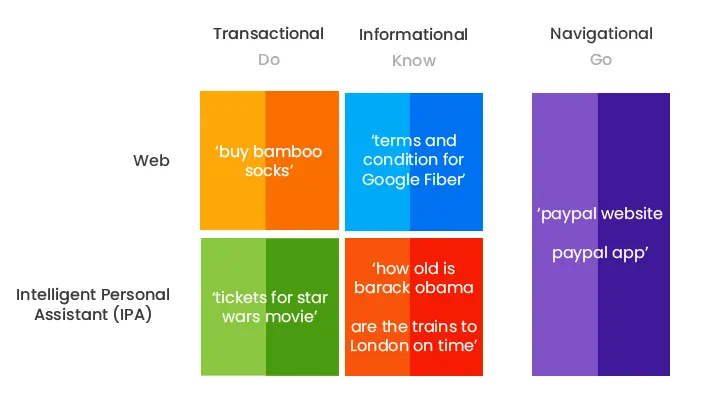
A. Informational Search Queries & Effective Content Optimization for Informational Queries
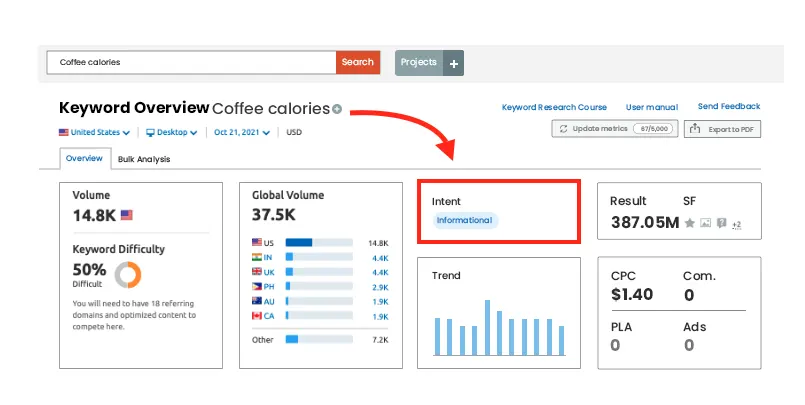
Users that conduct informational queries look for details or solutions to particular problems. These questions are meant to help you learn more about a subject or understand it better. Users frequently use the words "how to," "what is," and "why" in their search queries. Websites providing valuable educational content related to specific search queries have a chance to rank highly and attract users seeking solutions or guidance. Examples of informational queries include:
-
How to lose weight?
-
What is climate change?
-
Why is the sky blue?
Optimize content for informational queries by understanding their characteristics and implementing techniques. Here's how you can optimize your content for informational queries:
1. Create In-Depth, High-quality Content
To target informational queries:
-
Create comprehensive, in-depth content
-
Use clear sections and subheadings
-
Include examples, case studies, and statistics
-
Enhance content credibility
-
Be a trusted source in your niche
-
Deliver accurate and valuable information
2. Use Structured Data
Implement structured data markup for enhanced visibility and click-through rates. For this, you can:
-
Provide additional context for search engines
-
Use schema markup for important elements
-
Highlight article headlines, descriptions, author info, ratings, etc.
3. Incorporate Relevant Keywords
Conduct keyword research to identify relevant queries. For this, you can:
-
Include long-tail, local keywords, and keyword intent in your content
-
Signal relevance to search engines
-
Enhance keyword presence throughout your content
-
Avoid keyword stuffing
-
Prioritize high-quality, readable content
-
Add value to your content
-
Use keyword research tools for related keywords like Google Keyword Planner, SEMrush, Ahrefs
4. Provide Clear and Engaging Headlines
Provide clear, engaging headlines for improved readability and user experience. For this:
-
Use descriptive and attention-grabbing headlines
-
Summarize content accurately in headlines
-
Break down complex information with subheadings
-
Create digestible sections for better readability
5. Enhance User Experience
Improve the user experience for quick and accessible answers. For this work on:
-
Optimize website loading speed for better user experience
-
Use bullet points, numbered lists, and short paragraphs for readability
-
Include visuals (images, infographics, videos) to enhance comprehension and engagement
C. Transactional Search Queries & Effective Content Optimization for Transactional Queries
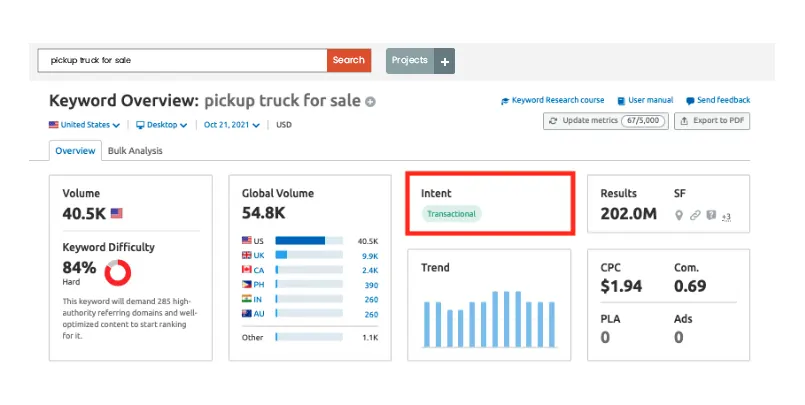
Transactional queries indicate that users are ready to take action and engage in a specific transaction. These queries often include keywords like "buy," "discount," or "best price." The intent behind transactional queries is to find a product or service to purchase or engage with. Examples of transactional queries include:
-
Buy smartphones online
-
Best hotel deals in New York
-
Discounted flights to Paris
To rank well for transactional search queries and make it easy for users to find your website, consider the following strategies:
1. Content Optimization
If you have an e-commerce website or offer specific products or services, optimize your product pages for transactional queries. To effectively optimize your content for transactional queries, consider the following strategies:
-
Include detailed and accurate product descriptions
-
Use high-quality images or videos
-
Provide pricing information and relevant specifications
-
Ensure easy navigation on product pages
-
Offer a smooth purchasing experience
2. Write Persuasive Copy
Craft compelling and persuasive copy that emphasizes the benefits and value of your products or services. For this:
-
Highlight unique selling points and competitive advantages
-
Showcase special offers or discounts
-
Address the needs and desires of your target audience
-
Use persuasive language and storytelling techniques
-
Include customer testimonials to build trust and engagement
3. Leverage Customer Reviews
Customer reviews play a significant role in influencing purchasing decisions. For this:
-
Feature customer reviews and ratings prominently
-
Encourage customers to leave reviews and testimonials
-
Positive reviews build trust and credibility
4. Implement Effective Call-to-Action (CTA) Buttons:
Place clear and prominent call-to-action (CTA) buttons strategically on your product pages. Like:
-
Use action-oriented language for CTAs
-
Examples: "Buy Now," "Add to Cart," "Get Your Discount"
-
Make CTAs visually appealing and stand out
-
Use contrasting colors to draw attention
-
Guide users toward conversion
5. Provide Transparent Pricing and Shipping Information
Transparency in pricing helps users make informed decisions and reduces any potential barriers to purchase. To do this, include:
-
Display pricing information prominently
-
Include discounts, deals, and shipping costs
-
Provide clear shipping methods and delivery times
-
Communicate return policies for customer confidence
Thus, optimizing your content and website to cater to search queries can enhance the user experience, build trust, and increase conversion rates.
11 Key Takeaways for Ranking 3 Search Queries easily
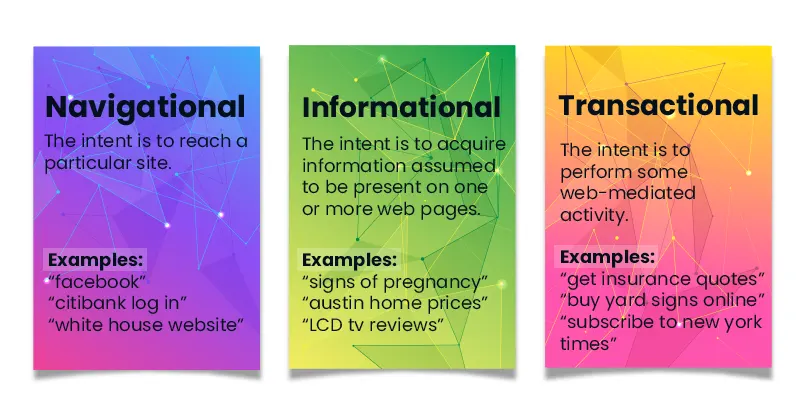
-
Create comprehensive, in-depth content
-
Use structured data markup for enhanced understanding
-
Incorporate relevant keywords naturally
-
Optimize website loading speed and use visuals
-
Organize content logically for better navigation
-
Use user-friendly and descriptive URLs
-
Monitor and manage brand reputation
-
Optimize product pages with detailed descriptions, visuals, and pricing
-
Craft persuasive copy emphasizing benefits and value
-
Highlight customer reviews and ratings
-
Implement effective call-to-action (CTA) buttons
Here’s a video by Ahrefs explaining how to optimize keywords for all three search queries and rank easily.
Final Thoughts
Ranking for different search queries requires a tailored approach. Understand user intent, optimize content, and provide a seamless user experience to improve visibility, attract traffic, and achieve goals. Implement SEO techniques to optimize for informational, navigational, and transactional search queries.
Stay updated with SEO trends and adapt strategies for better rankings. Best of luck in improving search engine rankings!
Frequently Asked Questions
1. What is the most searched thing on Google?
Ans.As of June 2023, the most searched keywords on Google are "YouTube," "Amazon," "Facebook," "Google," and "Wordle." "Search volume" indicates the frequency of these global searches.
2. What is the most effective search?
Ans.The technique of phrase search is widely utilized and highly effective in searching. By encapsulating separate search terms within quotation marks, such as "George Bush," a phrase search treats the combination as one entity. This approach allows for more precise and targeted results.

